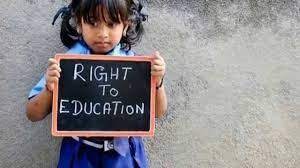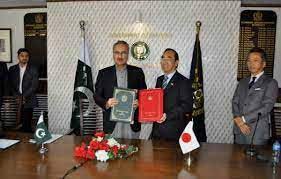Wife of President Dr Arif Alvi, Begum Samina Alvi said guaranteeing equal rights to women, particularly their access to education and health, was critical for the development of society. Speaking at a painting exhibition by former ambassador NaelaChohan in connection with World Women’s Day in Islamabad on Tuesday, Samina stressed empowering women by providing them with equal opportunities to help them attain their full potential.
The solo exhibition titled “Art from the Heart” at the PNCA depicted the struggles of women. Chohan’s statement artwork named “Bosom” reflected the perils in the life of a woman in a ‘triangle of death, suffering and hope’.
SaminaAlvi emphasized raising awareness about the health issues con-cerning women, such as breast cancer and mental illness. She mentioned that breast cancer was one of the leading causes of death among women. Also, the country’s 24 percent popula-tion suffered mild to moderate psychi-atric issues, with the majority of it comprising women.
She mentioned that phenomenal work had been done by President Alvi and herself in the social sector, particularly breast cancer awareness, financial inclusion of women, persons with disabilities, and issues related to mental health.
Samina said the President’s House had also initiated the task of improving access to mental health facilities in Pakistan through a collaborative effort towards the prevention of mental health disorders across the country.With the help of various stakeholders, she said, a mental health helpline and Artificial Intelligence-based chatbots were being launched to provide coun-selling. She said a recent study by a screening centre in a public sector hospital revealed that 32 percent of the respondents mentioned that media was their prime source of information on breast cancer and the reason for getting themselves screened.
Samina said art could prove as an ef-fective tool of soft diplomacy and lauded the paintings by NaelaChohan that highlighted the issues pertaining to women.
Source: Pakistan Observer






